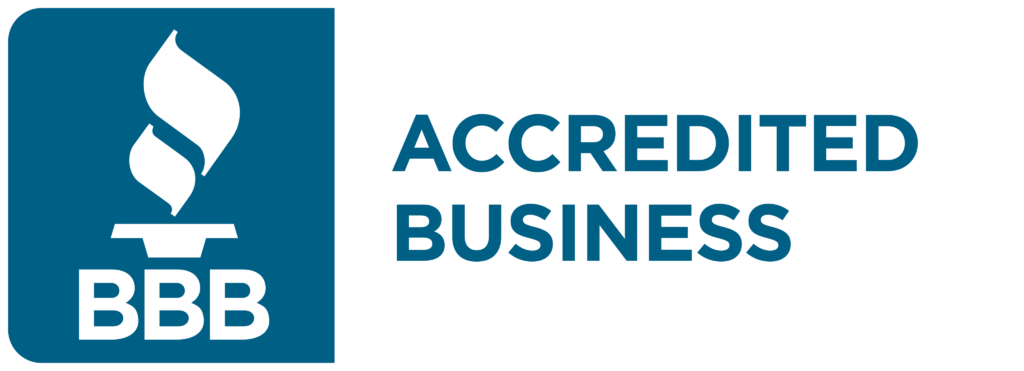
Personal Budgeting
Is the process of managing your income and expenses to ensure that you’re spending within your means and allocating funds effectively to meet your financial goals. It involves creating a plan for how you will use your money, tracking your income and expenses, and making adjustments as needed to stay on track.
Here are the key steps involved in personal budgeting:
Assess Your Income: Start by calculating your total monthly income, including your salary, wages, bonuses, investments, and any other sources of income.
Identify Your Expenses: Make a list of all your monthly expenses, including fixed expenses (such as rent or mortgage, utilities, insurance premiums) and variable expenses (such as groceries, dining out, entertainment). Be sure to include both essential and discretionary expenses.
Set Financial Goals: Determine your short-term and long-term financial goals, such as paying off debt, saving for a vacation, buying a home, or building an emergency fund. Assign specific amounts and deadlines to each goal.
Create a Budget: Based on your income and expenses, create a budget that allocates funds to cover your essential expenses, contribute to savings and investments, and meet your financial goals. Be realistic and prioritize your goals accordingly.
Track Your Spending: Keep track of your expenses regularly, either using a spreadsheet, budgeting software, or mobile apps. Categorize your expenses to see where your money is going and identify areas where you can cut back if necessary.
Review and Adjust: Review your budget regularly, ideally on a monthly basis, to see how you’re doing compared to your planned spending. Adjust your budget as needed to accommodate changes in income, expenses, or financial goals.
Stick to Your Budget: Use your budget as a guide to make spending decisions and avoid overspending. Stay disciplined and make conscious choices about how you use your money to stay within your budget limits.
By following these steps and practicing good financial habits, you can effectively manage your money, reduce financial stress, and work towards achieving your financial goals.

